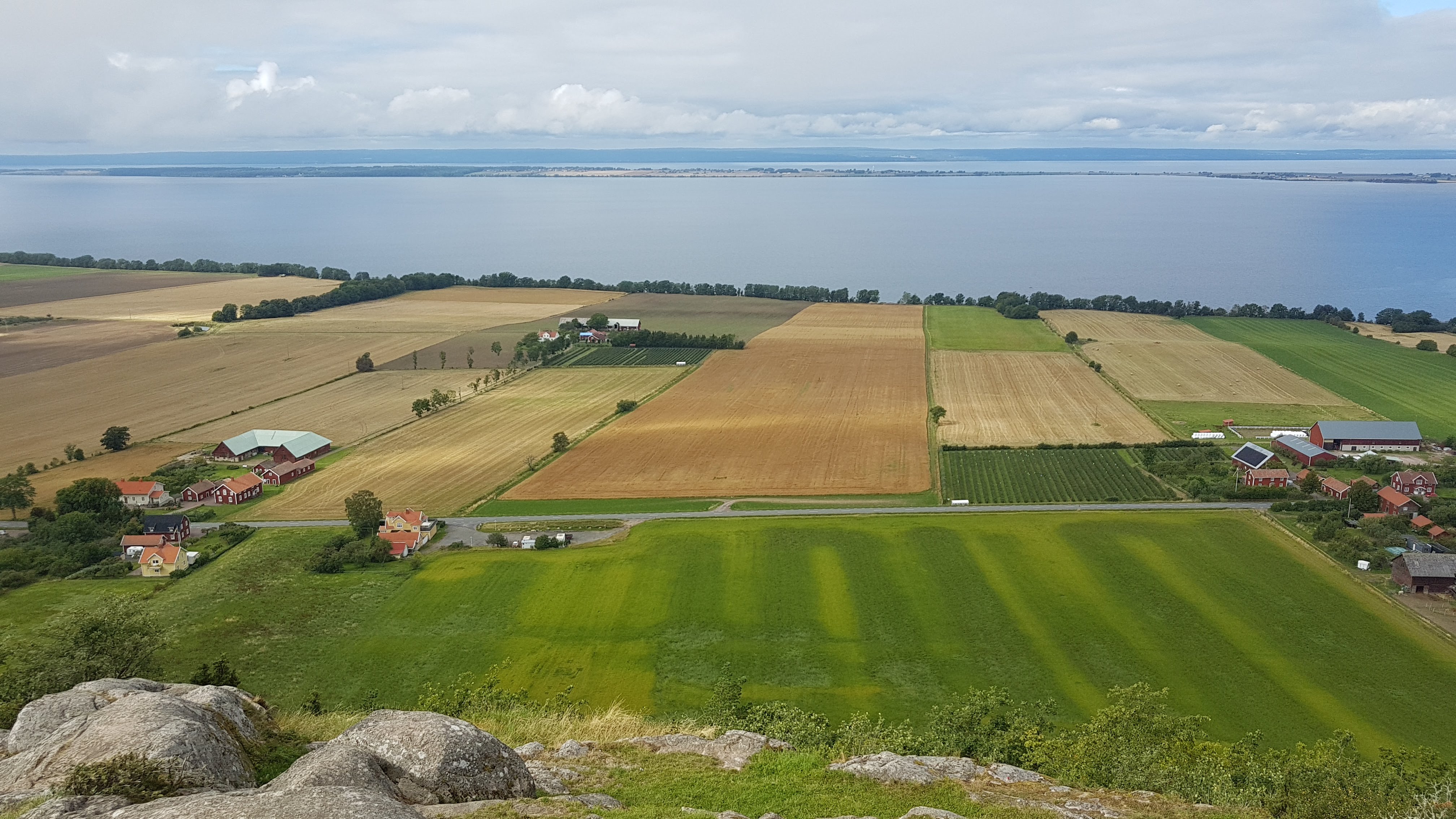
Cropping systems
Our research contributes to the development of sustainable and ethical cropping systems. We adopt an interdisciplinary approach, using various research methods to study cropping system - from individual crops to the entire food system.
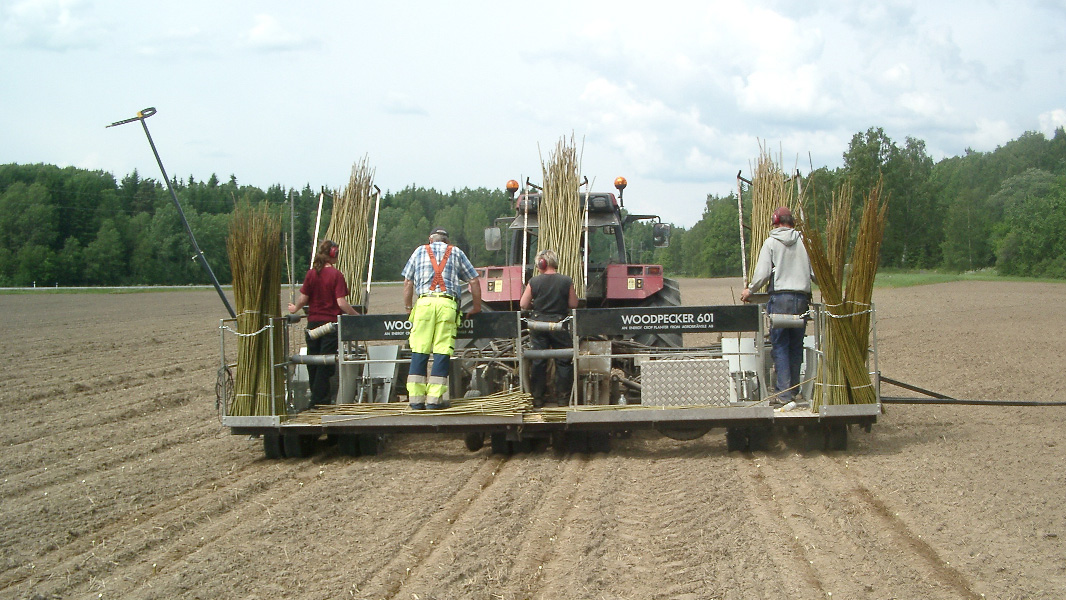
Short rotation forestry
Fast-growing trees can replace fossil fuels and help reduce human impact on the climate. Our research contributes to making the short rotation forestry both more efficient and environmentally friendly.
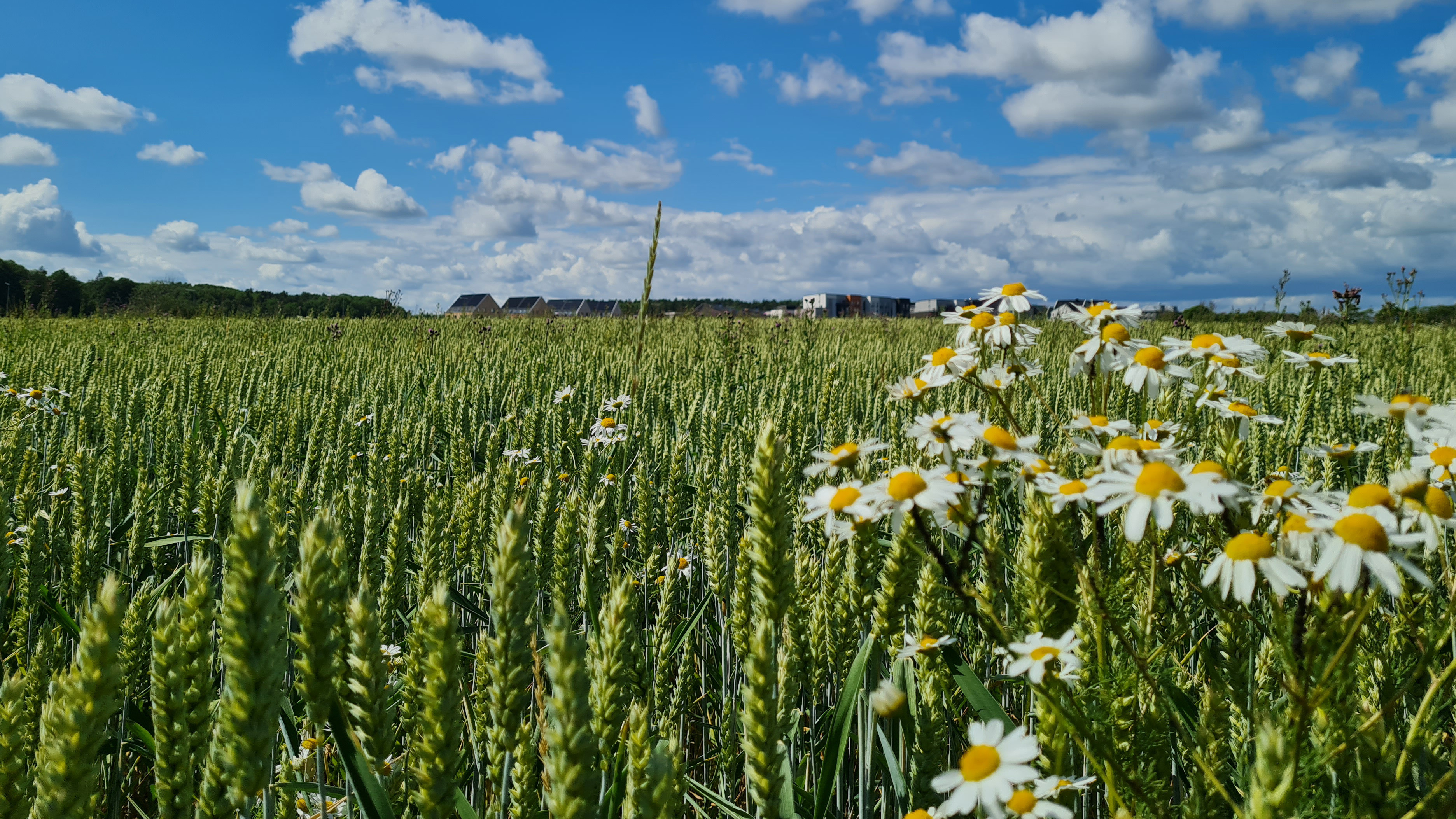
Weed ecology and management
We study both fundamental and applied aspects of weed ecology and management in agriculture. Our research is based on ecological theory and focuses on a systems perspective to address agricultural challenges and ensure sustainable food production.
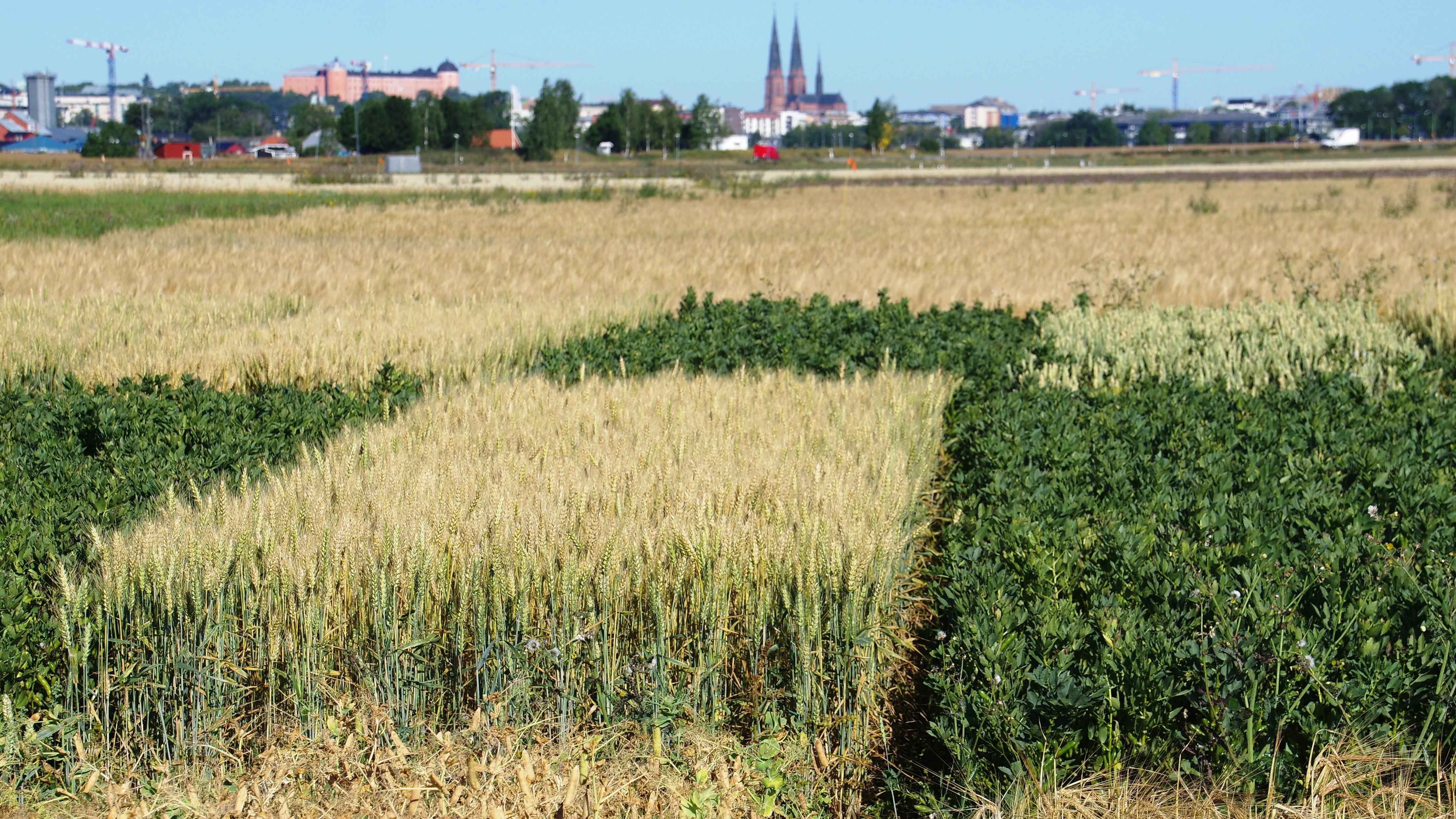
Plant ecology - Crop production in relation to genotype and environment
We conduct research on crops and plant mixtures that efficiently utilize available resources by cooperating with microbes and resisting diseases, pests, and extreme weather conditions.
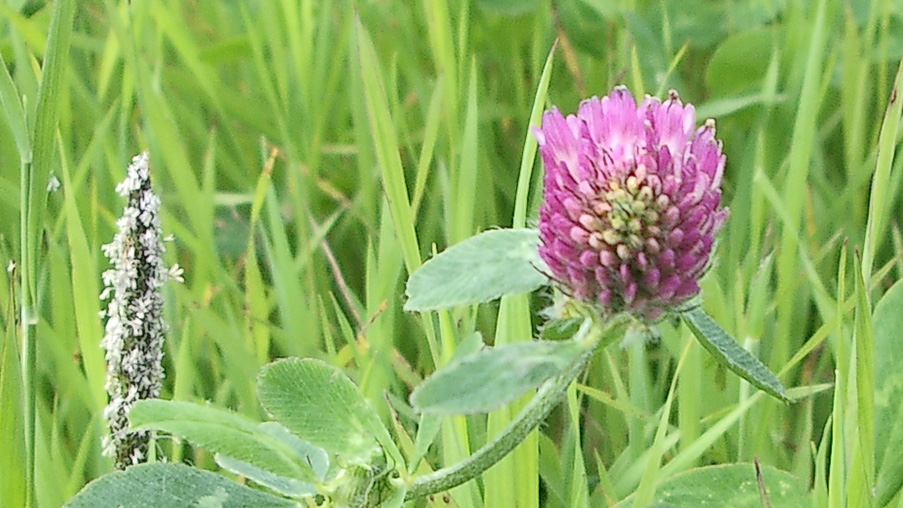
Crop production specialized in forage
The overall aim of the research group is to create knowledge that promotes sustainable and competitive agricultural systems that are based on forages, like leys, pastures and whole-crops, and ensures the supply of environmentally sustainable food from ruminants.